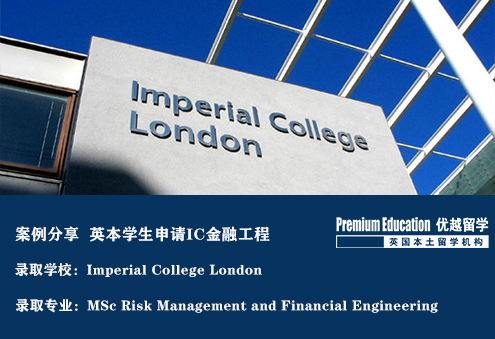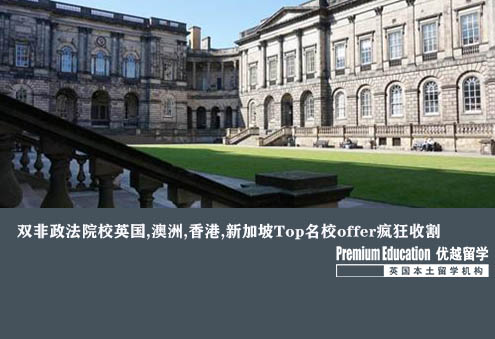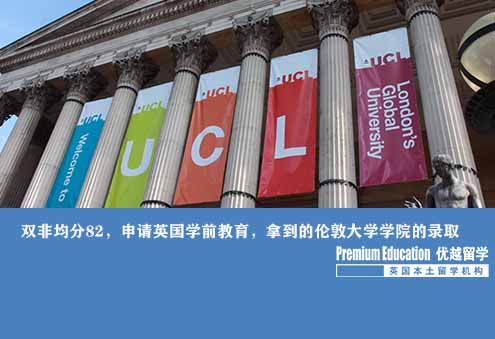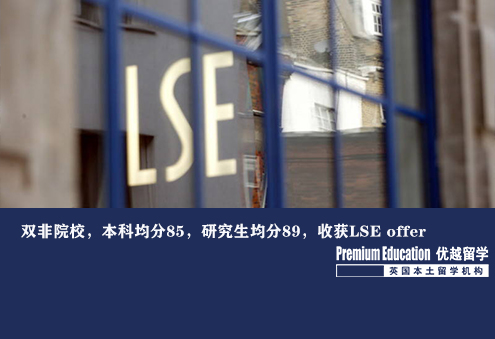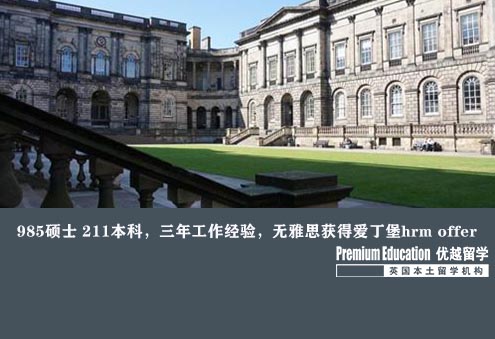It is perplexing how, as a child, I could be fascinated with the notion of eternity before I ever glimpsed upon the transience of life. Obsessed with things that were 'ever-lasting', I toyed with ideas of perpetual motion seen on various illustrations of cleverly arranged pendulums, siphons and other contraptions. Years before I could dismiss such fanciful caprice with the laws of thermodynamics, I had intuitively sensed that such idealised levels of efficiency were too good to be true. It was not until secondary school that I truly appreciated the full extent of the gap between the theoretical and the realistic, when I worked on a project to build a model ship moving on electromagnetic propulsion. Despite our best efforts to maximize the thrust generated, the ship failed to move at any perceptible rate when our order-of-magnitude estimations had predicted a detectable motion. Science on paper alone can hardly ever capture all the factors that affect a system of practical use. Engineers play the quintessential role of bridging that gap. By manipulating the countless approaches and refinements, engineers induct scientific theories to the real world.
My interest in the specific area of environmental engineering had been piqued rather unexpectedly while doing a case study for economics. The case material had indicated improvements in fuel efficiency and exhaust emission of road vehicles at staggering proportions over the past decades. While not all people can be expected to forgo their comforts to save the environment, continuous contributions by generations of engineers had made a difference. At the same time, I felt a sense of urgency for the work to be built upon. I shuddered to think of the consequences should progress in environmental technology fail to stay ahead of the mounting pressures on our habitat. As of now, I am most anxious about whether the work of environmental engineers will eventually reach some helplessly asymptotic plateau when all the design short-cuts have been exploited, optimisations exacted and redundancies discarded, or there will soon be significant breakthroughs as theoretical innovations mature in feasibility.
My confidence in coping with the demands of an engineering course has been boosted by various honours I have received in the maths and sciences, like an honourable mention in the Singapore Mathematics Olympiad open section, top of physics in the graduating batch of my secondary school, Raffles Institution, and a bronze award in the Singapore Physics Olympiad. Taking both H3 Mathematics and H3 Essentials of Modern Physics for A Level had been a leap of faith as it was considered very demanding to take two H3 subjects. However I personally found the two subjects complementary to each other, for instance the techniques of handling differential equations proved valuable to facilitate my understanding of solid state physics. Apart from studies, I have also been vice-chairman of the Chinese literary club of my secondary school while training for 6 years as a sprinter in the school track and field team. These additional demands on my time and energy had given me important lessons on prioritisation, time-management and long-term commitment, while through working with my fellows I had enjoyed being a team player and appreciated the power of camaraderie.
After graduating from junior college I have been doing military service. The experience has heightened my independence, willpower and interpersonal skills. In my free time, I have also started pursuing other interests such as the electric guitar while honing the engineer's most trusted tool by studying multi-variable calculus, a topic that I had always wanted to learn.
I am fully aware that my decision to study engineering will likely determine the kind of career I have in future. Nevertheless, it is an endeavour for which I am confident of myself and one that I believe will make my working life meaningful.




